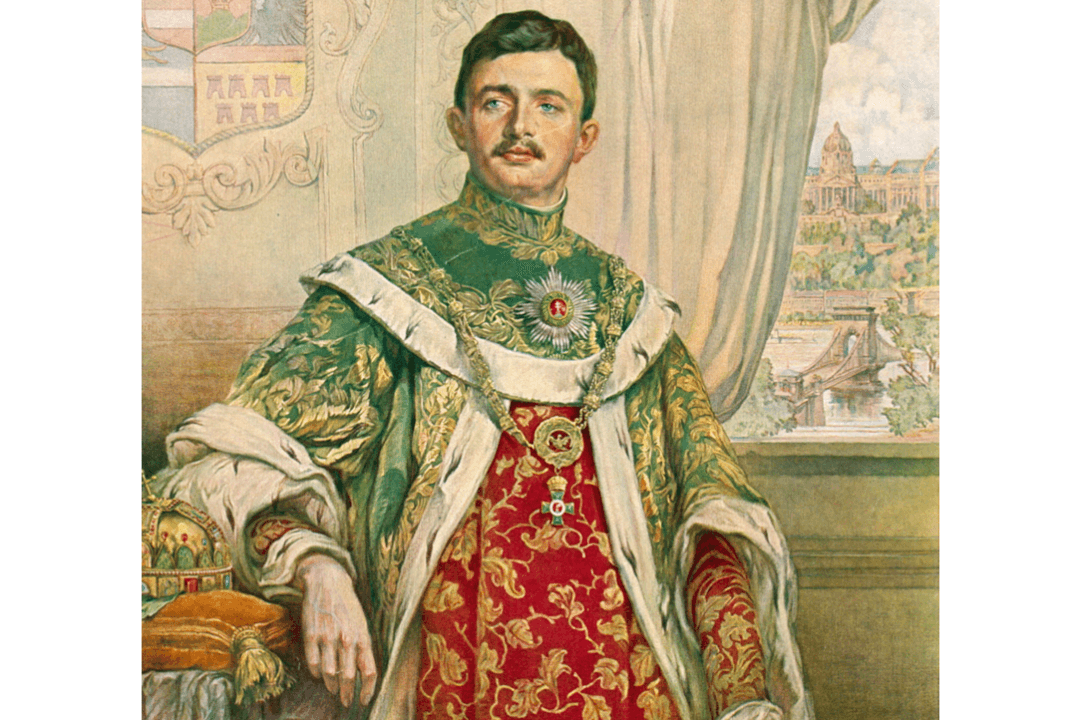He knelt there beside the emperor’s bed, forehead pressed into palms, as the murmuring of the prayers for the dying filled the stillness of the room. And as his lips moved in supplication for his granduncle, his thoughts drifted to the overwhelming possibility of what could soon be.
As Emperor Franz Joseph I’s worsening condition became clear, the weight of immense responsibility settled on the 29-year-old heir’s shoulders like a shadow. The earnest young archduke wrestled with the reality that he would soon be emperor of the Austro-Hungarian empire.






